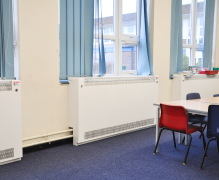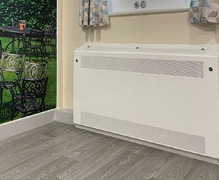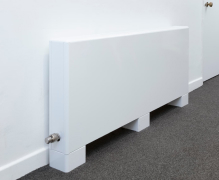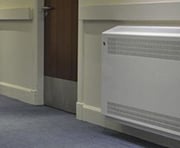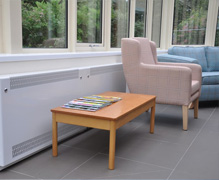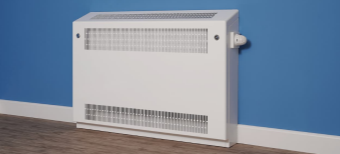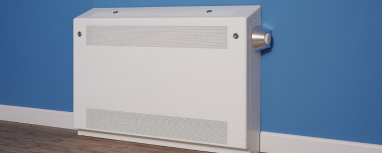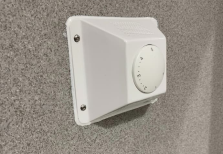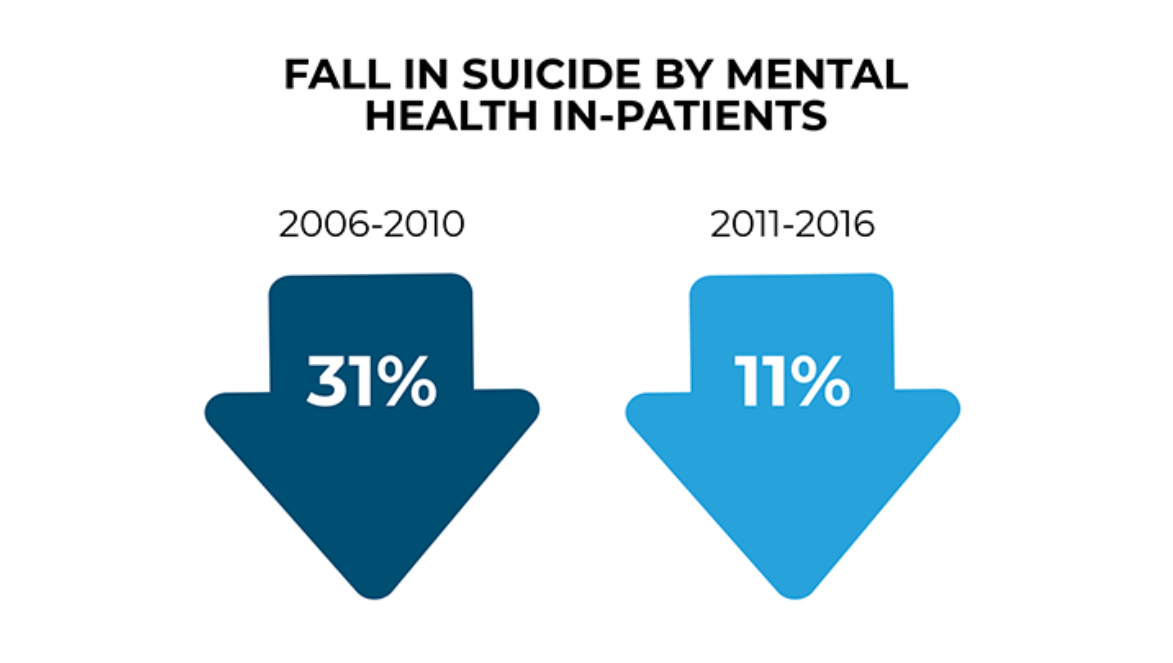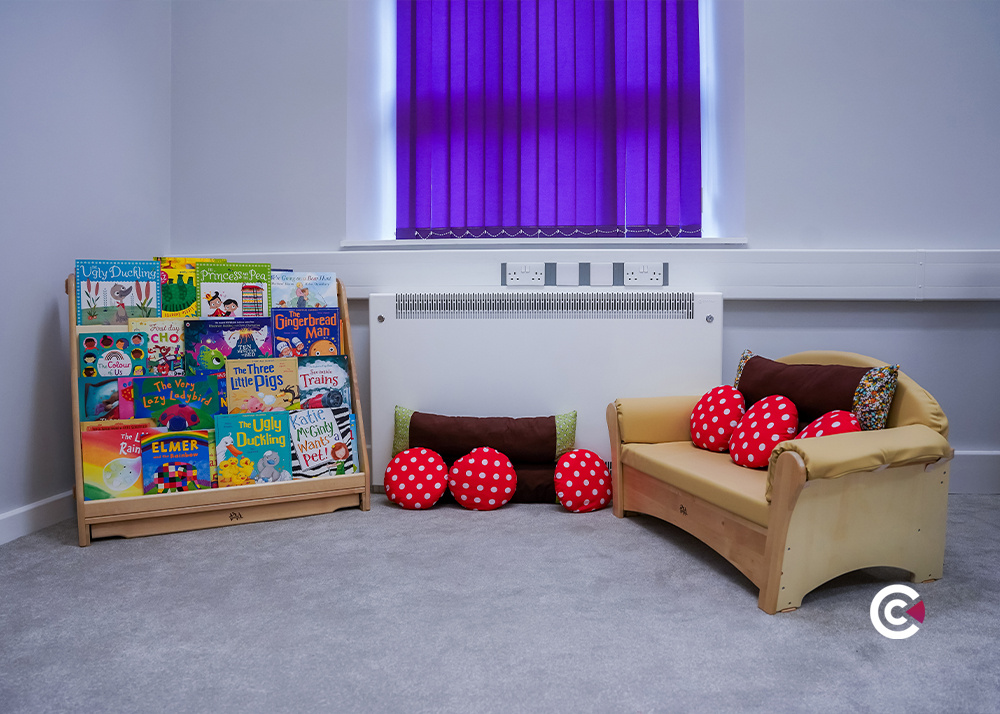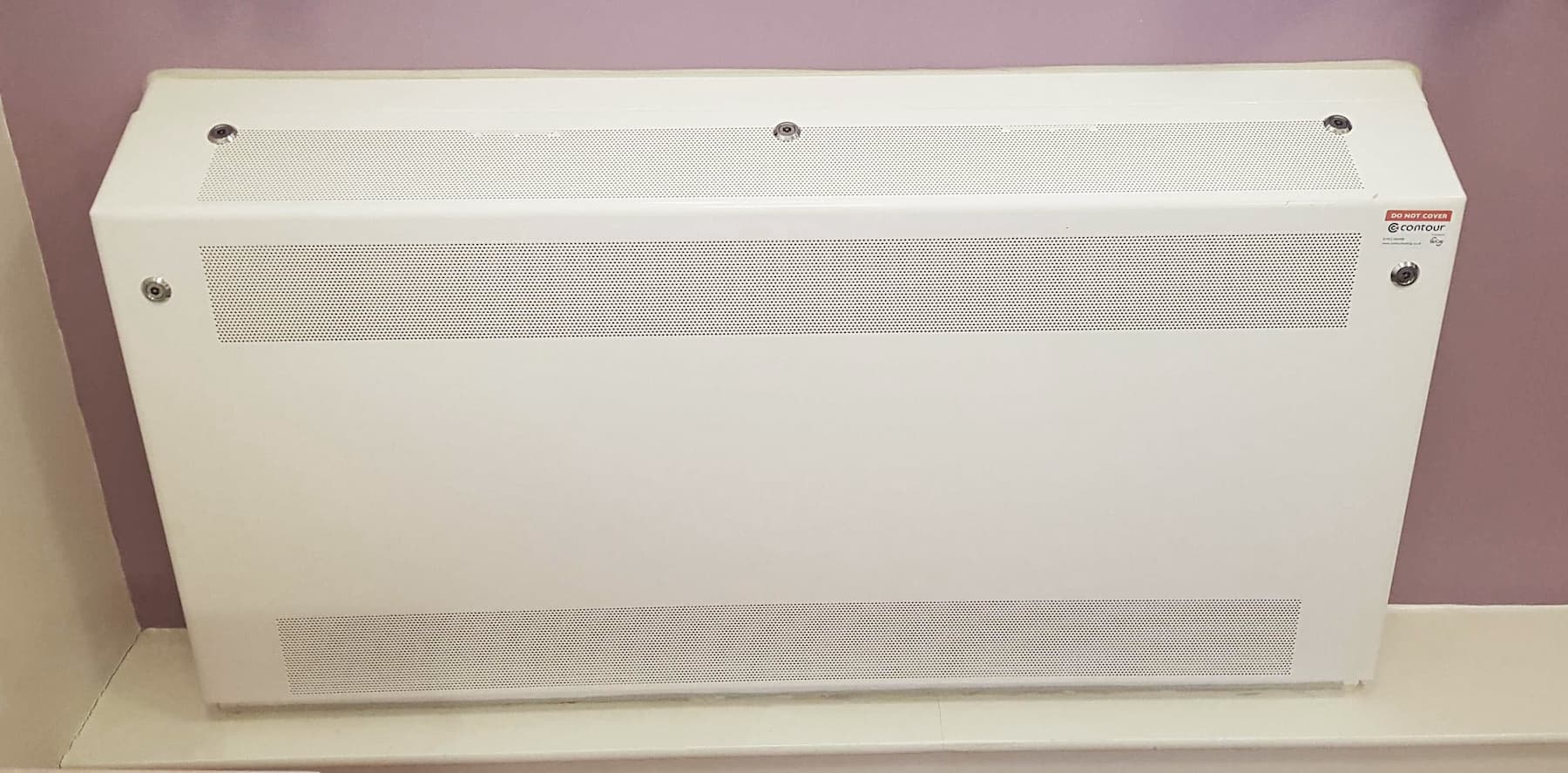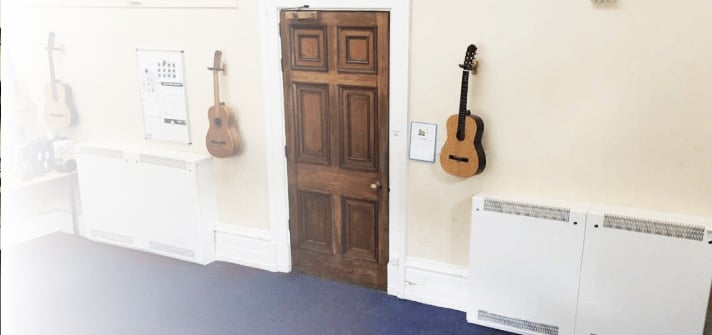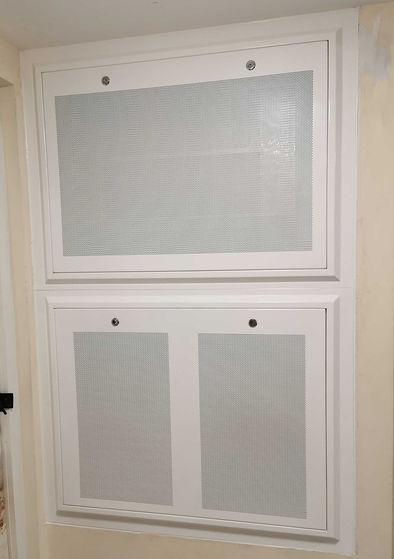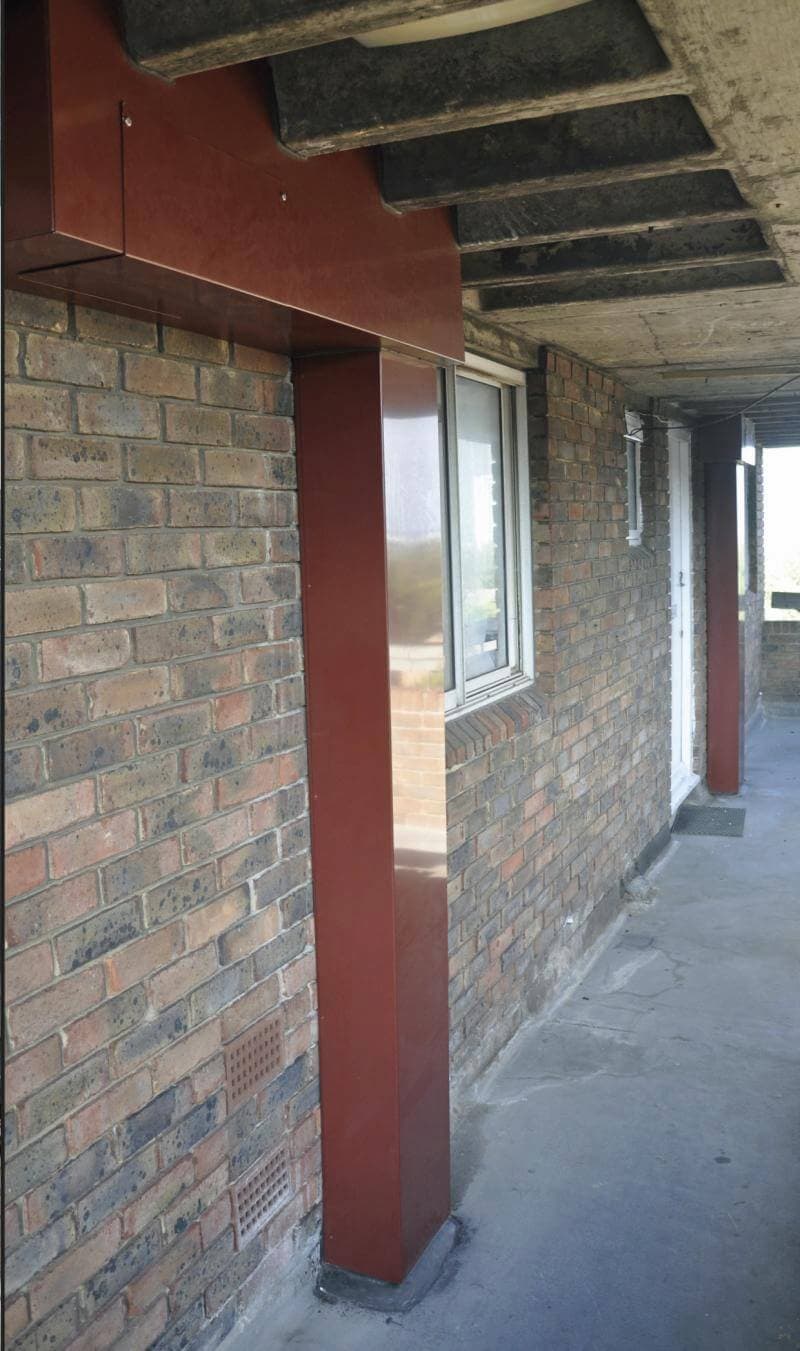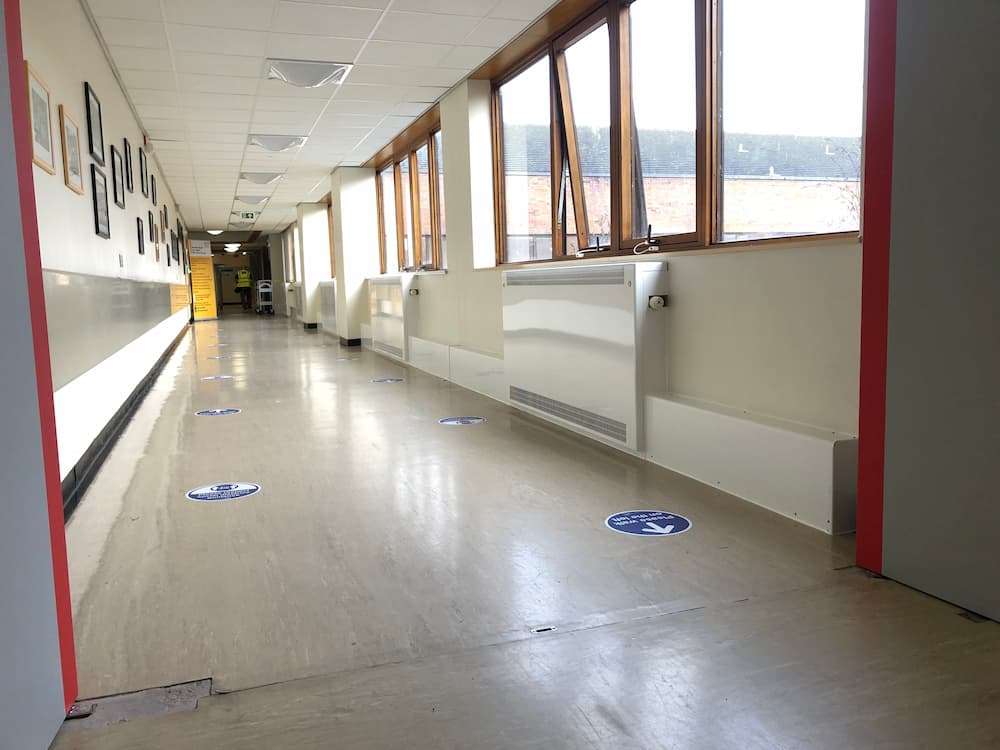The growing concern around suicide in mental health settings has prompted clinicians, estates professionals and specifiers to assess ligature risks.
This has resulted in the production of anti-ligature products in rooms that are occupied by vulnerable individuals.
The main aim of these products is to reduce the risk posed by Service Users tying a cord around a potential ligature point, causing damaging harm to themselves.
As a topic, suicide doesn’t make for particularly comfortable reading, but we hope these statistics will help deliver the message that anti-ligature products are an essential investment for your mental health setting.
So, without further ado, let’s look at some of the surprising statistics surrounding ligatures.
1. Approximately Three-Quarters Of Patients Who Die By Suicide On Psychiatric Wards Do So By Hanging/Strangulation.
A national study-carried out in 2012-found that of the 448 suicides that occurred on psychiatric wards, 77% were by hanging.
Despite this statistic being seven years old, we get an idea as to why a need to assess ligature risks has arisen in recent years.
|
Read More:
· 7 Reasons Why You Should Consider Anti-Ligature Products · Ligatures: The Risks You Should Be Aware Of · Managing Ligatures: The Official Guidance You Should Know
|
2. The Most Common Ligature Points
The same study highlighted that the common ligature points were doors, hooks/handles and belts or sheets/towels. Use of shoelaces, doors and windows increased over time.
As a specifier, we recommend that you take measures to minimise the opportunity for Service Users to tie ligatures around any of the points highlighted above. This can be achieved through careful consideration of the furniture and fixings that you choose.
3. Hanging in Prisons
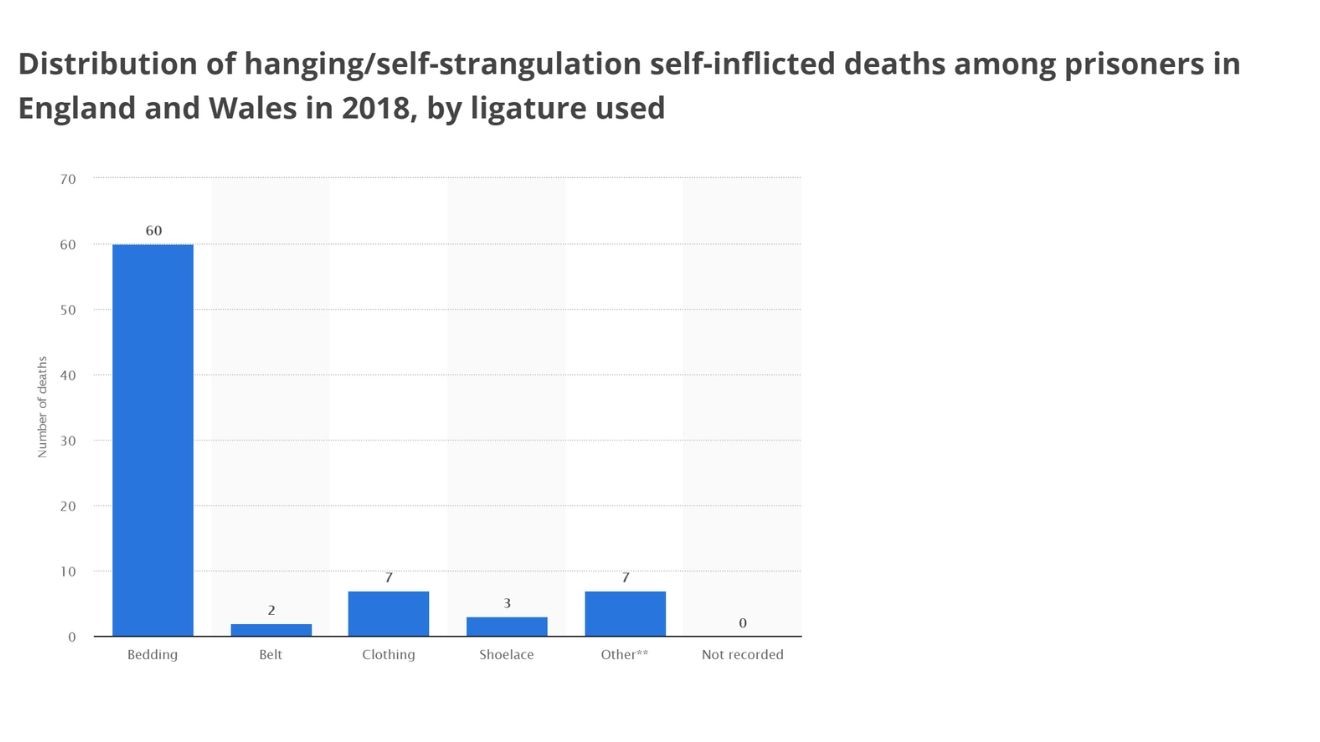 This statistic shows the distribution of hanging/self-strangulation deaths among prisoners in custody in England and Wales in 2018, by the ligature used. As you can see, the majority of such suicides were enabled by the use of bedding materials.
This statistic shows the distribution of hanging/self-strangulation deaths among prisoners in custody in England and Wales in 2018, by the ligature used. As you can see, the majority of such suicides were enabled by the use of bedding materials.
4. Suicide Rates in Mental Health Facilities Are Falling
In 2006, the National Confidential Inquiry into Suicide and Safety in Mental Health (NCISH) identified over 1,300 patient suicides a year.
Over the four years since the 2006 inquiry, in-patient suicided dropped from 166-155 (31%).
However, in the nine years since 2010, the reduction has become much more modest and has only fallen by 8%.
5. Suicide By Hanging Is More Common In Men
The Care Quality Commission found that suicide accounted for 55% of male suicides and 42% of female suicides.
The report went on to advise providers to be aware of the ligature risks in their premises, as hanging was the most common suicide method.
The disparity between men and women is often something that is raised within the media, suggesting that more needs to be done to understand why there is such a disproportion.
Conclusion: Looking At The Bigger Picture
Of course, it’s not just a case of room design. Measures need to be put in place to ensure that suicide is addressed appropriately and effectively. This is highlighted in the below graphic by NCISH
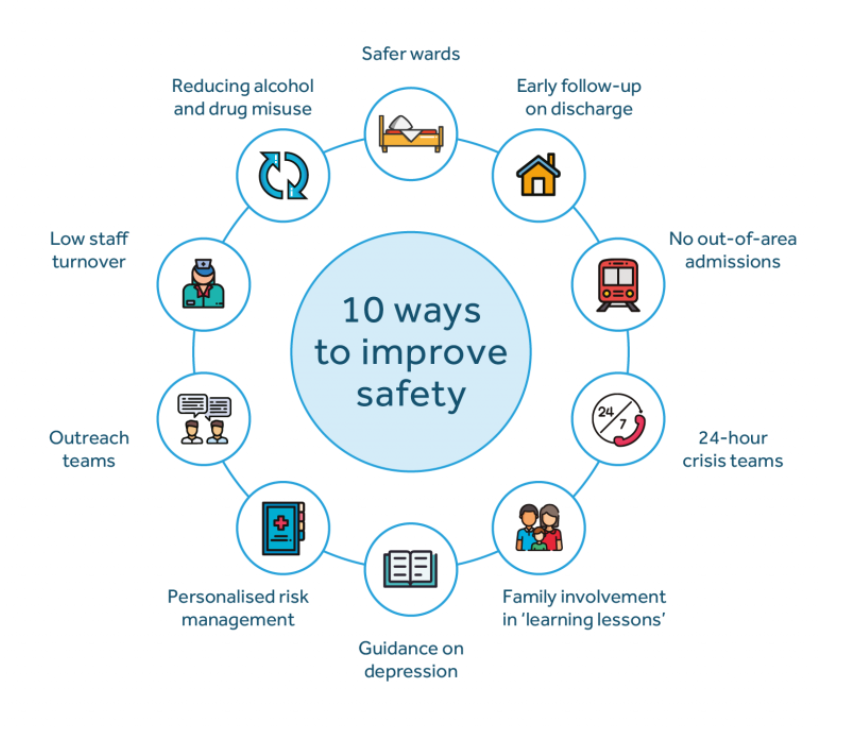
Patient well-being and comfort should be a priority not to be ignored. With that in mind, the correct specification of anti-ligature products will allow higher-risk Service Users a level of independence that’s not been obtainable in the past.
If you’d like to explore some of our anti-ligature products that are designed with patient well-being in mind, talk to one of our experts today.
About Us
Contour produces a range of innovative, safe surface temperature systems for healthcare, education, mental health, commercial and secure sectors, working in close partnership and collaborating with architects, M&E engineers, NHS Trusts, local authorities, design consultants and contractors to deliver outstanding safe heating solutions.
Contour is the exclusive partner of BioCote® anti-microbial technology for LST and anti-ligature radiators. BioCote® additives reduce bacteria by up to 99.9%. Contour combines an extensive range of colour-paints is with BioCote® for a durable, high-quality finish.
Contour’s heating solutions offer secure, single-person quick access to radiator guard interiors for regular deep cleaning and maintenance. Each year, Contour save the NHS millions of pounds in cleaning costs, therefore delivering.
-1.png)


